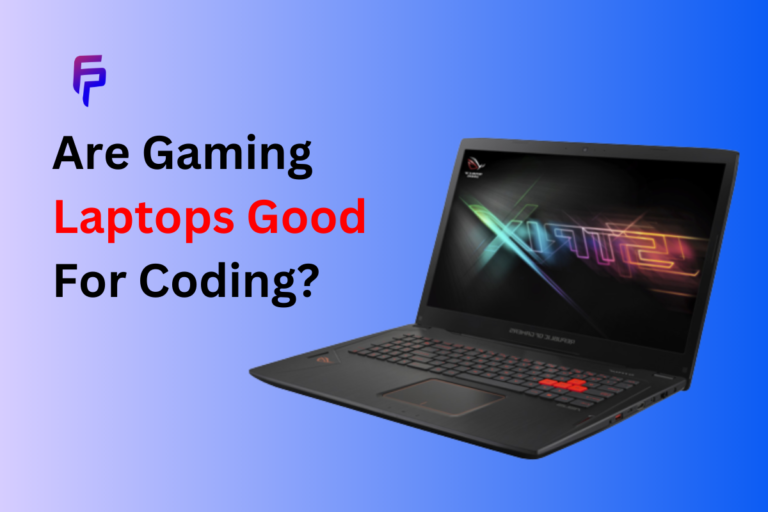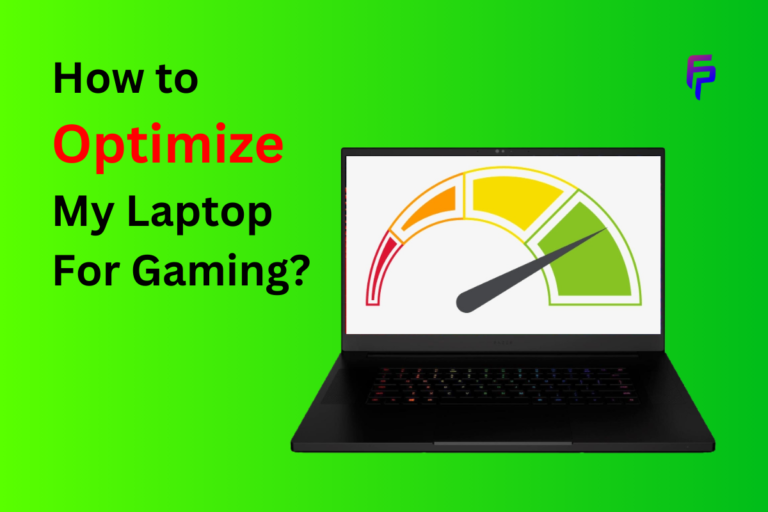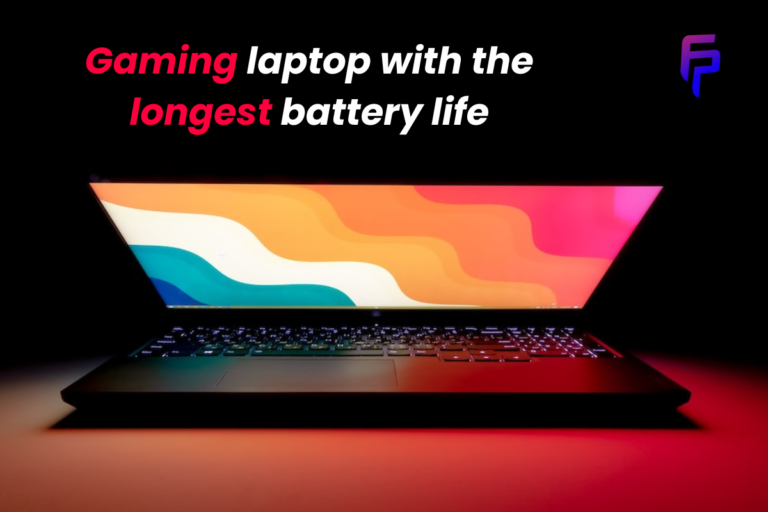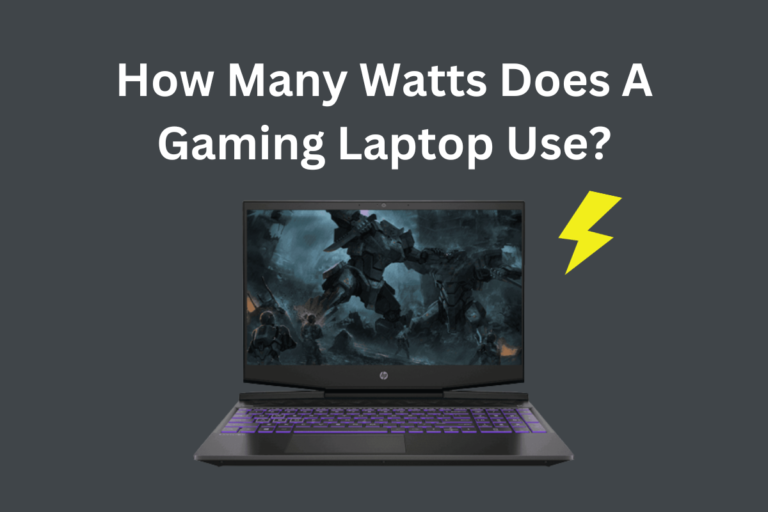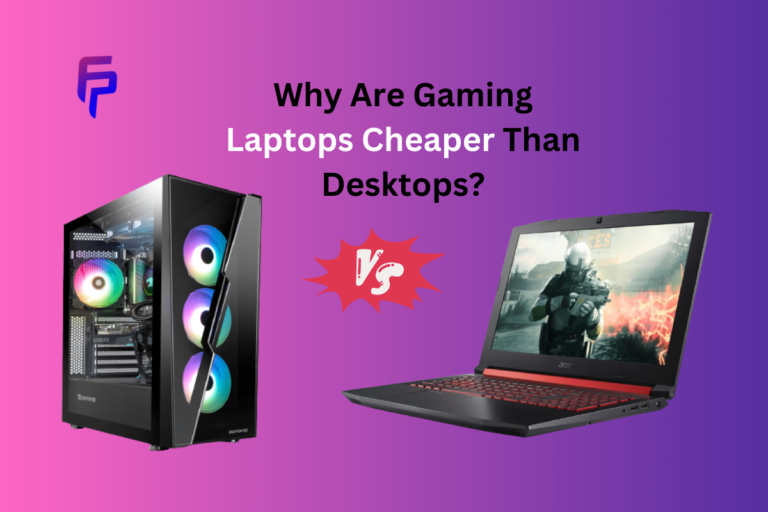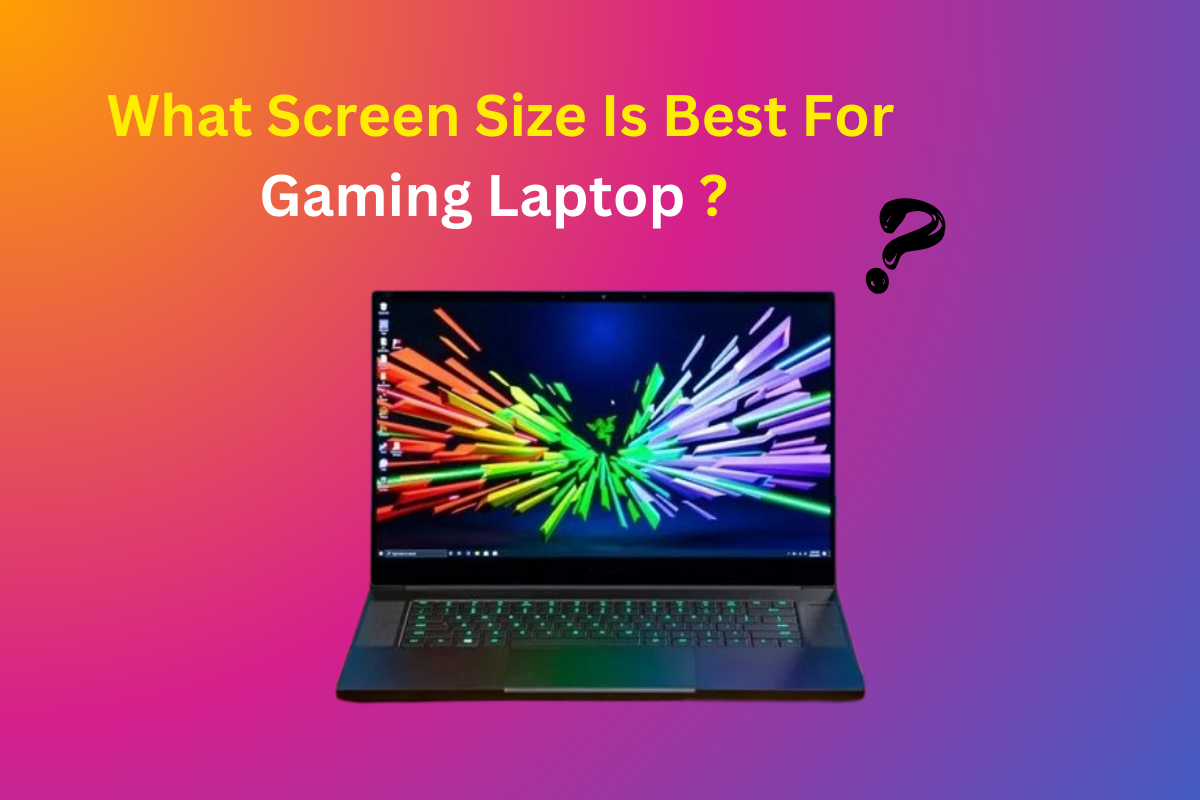
Are you wondering about the perfect display size for your gaming laptop? If you’ve ever asked, “Which screen size is best for gaming?” you’re not alone. Picking the right display is essential for a great gaming experience.
In this article, we’ll explore the world of gaming laptops and help you make an informed decision. From understanding how screen size affects gaming to finding the right fit for your needs, we’ve got you covered. Let’s dive into the world of gaming laptop screens and discover what size works best for you.
Understanding Gaming Laptops Screen Size
Gaming laptops, the versatile powerhouses engineered for thrilling digital adventures, come in various shapes and sizes. Yet, amidst the dazzling array of features, one aspect stands out: screen size.
Screen Size and Immersion
Picture yourself on a quest through the virtual realms, facing dragons, or competing on the digital battlefield. The screen is your window into these worlds. A larger screen can envelop you in the action, immersing you fully in the game’s universe. Here, “screen size” isn’t just about inches; it’s about how deeply you dive into the gaming experience.
Portability and Practicality
However, players can game in multiple locations. If you go to tournaments or LAN parties, or like gaming in different places, the size of your laptop is important. It affects your laptop’s portability and ease of use.
Refresh Rate and Frame Rates
Now, let’s get technical. Screen size is not only about visuals; it intertwines with refresh rates and frame rates. A larger screen can potentially offer a better view of the gaming world and allow for smoother gameplay. This connection between “screen size” and “frame rates” highlights the need to find a harmonious balance.
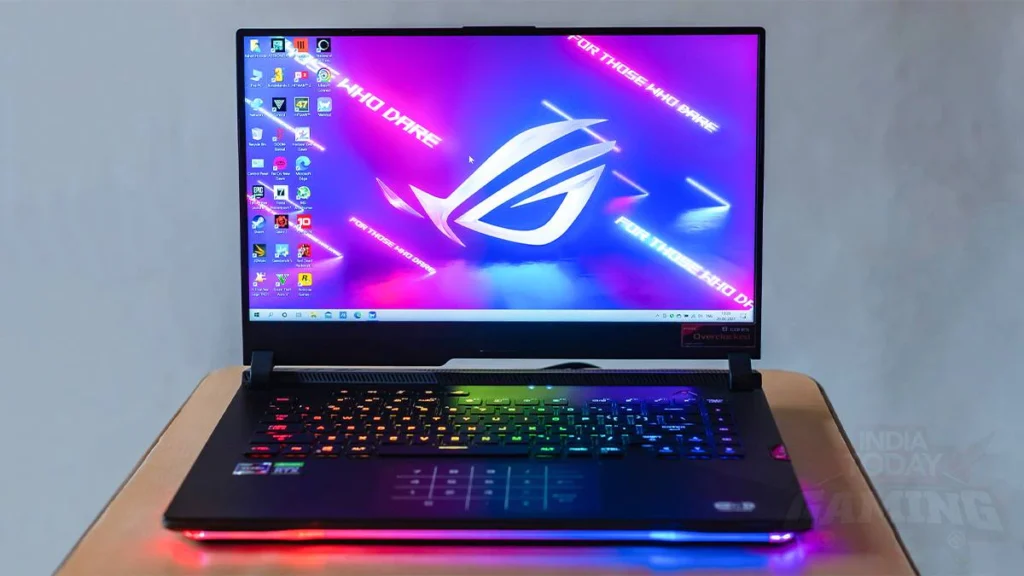
Screen Size Considerations for Gaming Laptops
When it comes to gaming laptops, the screen size isn’t an isolated factor; it’s part of a broader equation. Let’s break down the key considerations:
Screen Size and Gaming Laptop Size:
A larger screen typically means a bulkier laptop. If you desire a sizable display, be ready to accommodate a larger and heavier machine.
Refresh Rate and Frame Rates:
A bigger screen may offer a more immersive experience, but it also demands more graphical power to maintain smooth gameplay. Your CPU and GPU need to keep up with the action.
Portability vs. Immersion:
Consider where and how you’ll use your gaming laptop. If you’re often on the move, a more compact screen might be a practical choice.
Specialized Needs:
Depending on your gaming preferences, you may prioritize specific features. For mainstream gaming, a balanced approach is key. But for competitive or content creation needs, different screen sizes may shine.
Read More: What Is Most Important In A Gaming Laptop?
Different Screen Size Options for Gaming Laptops
Gaming laptops come in various screen size flavors, ranging from compact to generously proportioned. Here’s a quick rundown of your options:
Compact 13 to 14 inches:
- These laptops offer portability and are great for on-the-go gamers.
- Ideal for mainstream gaming and everyday tasks.
Standard 15.6 inches:
- Strikes a balance between immersion and mobility.
- A popular choice for mainstream gaming with decent screen real estate.
Sizable 17 inches:
- Delivers a larger canvas for immersive gaming.
- Best suited for those who prioritize screen size over portability.
Specialized Needs:
- Consider larger sizes for competitive gaming or content creation, and smaller ones for high mobility.
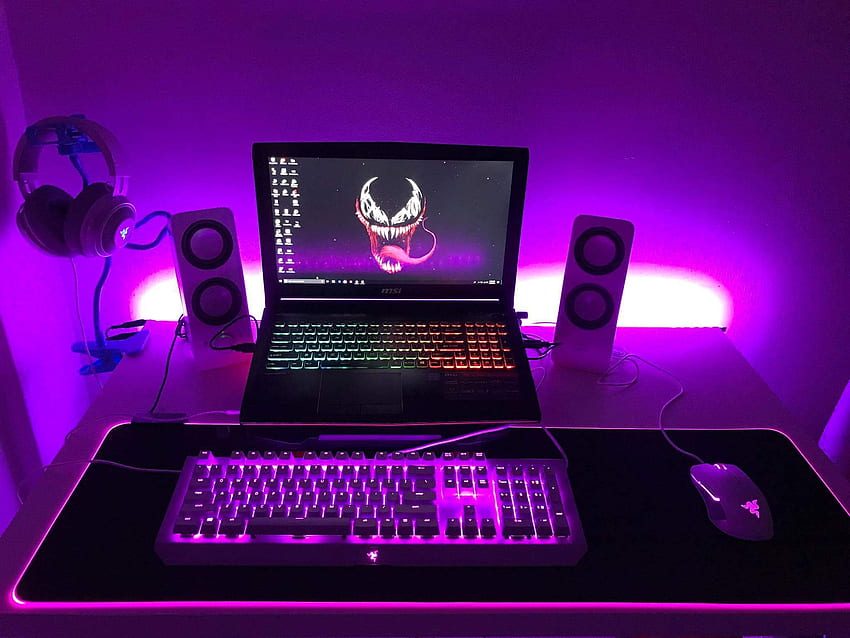
Optimal Screen Size for Mainstream Gaming
For gamers looking to strike that balance between immersive play and practicality, the sweet spot typically falls within the 15.6-inch screen size range. Here’s why:
Immersive Experience:
A 15.6-inch screen provides ample space for immersive gameplay without overwhelming you with the size of the laptop.
Portability:
These laptops are reasonably portable, making them suitable for on-the-go gamers who want flexibility in their gaming setups.
CPU and GPU Compatibility:
Mainstream gaming laptops often come equipped with processors and graphics cards that match this screen size, ensuring smooth gameplay.
Specialized Screen Size Needs For Gaming Laptops
For those with specific gaming priorities, the right screen size can make all the difference. Let’s explore tailored options:
Competitive Play (Smaller is Better):
- Competitive gamers often prefer smaller screens (13-14 inches) for quicker response times and less visual distraction.
- Compact laptops are highly portable for tournament play.
Content Creation and Immersion (Larger is Better):
- Content creators or gamers who crave deep immersion may lean toward larger screens (17 inches) for expansive visuals.
- These laptops provide ample workspace for editing and multitasking.
Niche Preferences (Special Cases):
- Some gamers have unique requirements that may necessitate specific screen sizes. Evaluate your needs carefully.
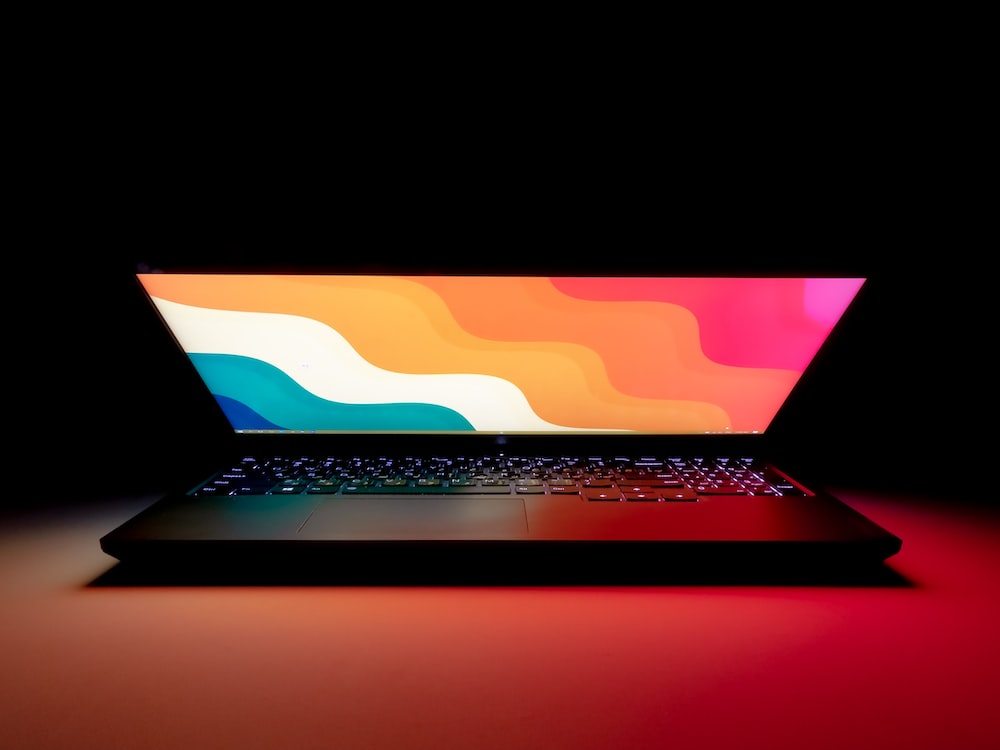
Choosing the Right Screen Size for gaming laptops
Now that you’re equipped with insights into screen size and its impact on gaming, it’s time to make an informed choice. Here’s a simplified guide:
Assess Your Needs:
- Consider your gaming habits, mobility requirements, and gaming genres you enjoy the most.
Mainstream Gaming:
- For well-rounded gaming, 15.6 inches is often the sweet spot.
Specialized Needs:
- Tailor your choice to your specific preferences—smaller for competitive, larger for immersion or content creation.
CPU and GPU Consideration:
- Ensure your laptop’s CPU and GPU can handle your chosen screen size for optimal performance.
By following these steps, you’ll find the perfect screen size to enhance your gaming adventures. In the final section, we’ll recap the significance of this choice.
Read More: How Can I Optimize My Laptop For Gaming?
Optimal Gaming Laptop Screen Sizes Compared
| Feature | 15-inch Gaming Laptop | 17-inch Gaming Laptop | 13-inch Gaming Laptop |
|---|---|---|---|
| Portability | Moderately portable | Less portable | Highly portable |
| Display Immersion | Good | Excellent | Decent |
| Resolution Options | 1080p, 1440p | 1080p, 1440p, 4K | 1080p |
| Weight | Moderate | Heavier | Lightweight |
| Performance | Good | Excellent | Moderate |
| Battery Life | Average | Average to Below Avg | Good |
| Price | Moderate to Expensive | Expensive | Affordable |
| Multitasking | Decent | Excellent | Limited |
| Upgradability | Limited | Often more options | Limited |
| Heat Dissipation | Adequate | Better | Limited |
| Recommended User | Casual to Enthusiast | Enthusiast | Casual |
Conclusion
In the world of gaming laptops, screen size matters. But there’s no one-size-fits-all answer. It all boils down to your gaming preferences and priorities.
- For mainstream gaming, 15.6 inches strikes a balance.
- Competitive gamers may prefer smaller screens, while immersion enthusiasts opt for larger ones.
- Ensure your laptop’s CPU and GPU match your screen size for optimal performance.
So, what screen size is best for your gaming laptop? The answer lies in your gaming ambitions and how you want to experience virtual worlds. Choose wisely and embark on your gaming adventures with confidence.
FAQs
Q:Is 15.6 inch too small for gaming?
Ans:No, 15.6 inches is not too small for gaming; it’s a popular size offering a good balance between immersion and portability.
Q: How big screen is good for gaming?
Ans: The ideal screen size for gaming depends on your preferences, but a size around 15.6 inches is often a good choice for many gamers.
Q: Should I get 25 or 27-inch for gaming?
Ans: The choice between a 25-inch and a 27-inch screen for gaming depends on personal preference and the available space; both sizes can provide an enjoyable gaming experience.
Q: How many Hz is good for gaming?
Ans: A refresh rate of 144Hz or higher is generally considered good for gaming, providing smoother and more responsive gameplay.
Q: Is wide screen better for gaming?
Ans: Widescreens can enhance gaming with a broader view, but whether it’s better depends on your preferences and game types.

